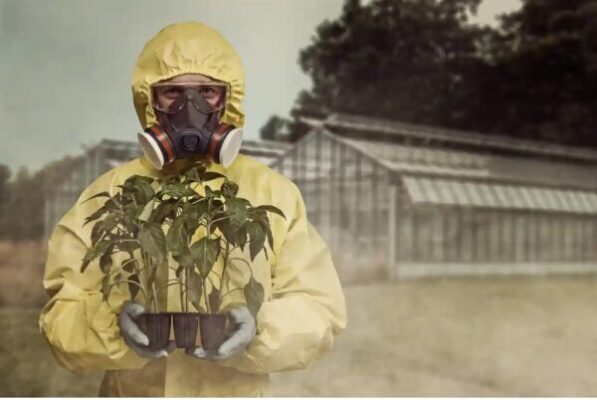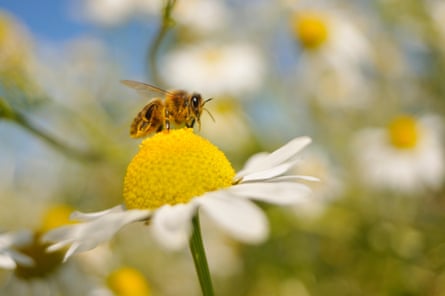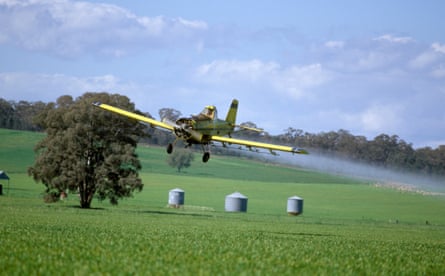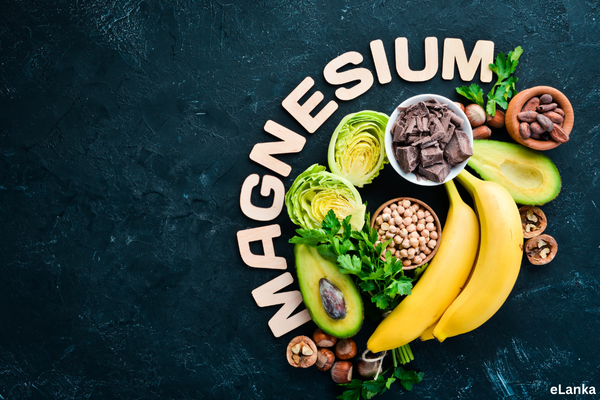Australian food is grown with dangerous chemicals banned in other countries

According to a UK environmental group, Australia allows the use of 144 highly hazardous pesticide ingredients, compared with 73 in Britain. Photograph: D-Keine/Getty Images
Source:Theguardian
Australia has a global reputation as a source of clean food. In fact, the country has some of the most lax regulation of pesticide use in the western world
- The dirty dozen: 12 pesticides that are banned elsewhere but still used in Australia
- Follow today’s news, live
- Get our free news app, morning email briefing or daily news podcast
At the height of the mouse plague in Australia last year, the floors of farm sheds were alive with mice.
Like a heaving grey carpet, the rodents scuttled around wheat silos, infested machinery and ran through people’s homes. Farmers across the state of New South Wales used shovels to clean up the carcasses each morning as they battled to control the outbreak with available poisons.
As desperation rose, then-deputy premier of New South Wales, John Barilaro, called for an immediate solution: authorise widespread outdoor use of the highly toxic second generation rodenticide, bromadiolone, known as “napalm for mice”.
Around the world, bromadiolone is heavily restricted to mainly indoor use, usually by professionals, because of the risk of mass deaths to native wildlife such as eagles, owls, falcons and other animals who eat mice.
It was typical of the approach to pesticides in Australia, where more than 70 chemicals no longer in use in Europe because of their toxicity to humans, animals and the environment are still in routine use.
In a rare show of strength, the regulator refused emergency approval. But that was not the end of the matter: a more considered review of rodenticide use is now under way with a decision expected by the end of next year.
Land of clean food?
Most consumers would be surprised to learn Australia has less rigorous standards on pesticides than much of Europe or the United States – and UK environmental campaigners have now raised the alarm about harmful pesticides in Australian food.
There is concern that the proposed trade deal between Australia and the UK will allow food treated with dozens of chemicals banned in the UK to be imported for sale to British consumers.
Grapes from Australia are allowed to contain 200 times the amount of the insecticide methomyl – a suspected endocrine disrupter – than their UK equivalent, environmental campaigners say. They also claim an Australian apple can contain 100 times the amount of fenitrothion, another suspected endocrine disrupter.
Australian food is also allowed to contain residues of dimethoate, which is banned in the UK because of the potential risk posed by long-term exposure through diet.
Globally, Australia is one of the heavier users of pesticides in food production. This is partly because of Australia’s unique conditions and farming methods. But it’s also because Australia allows both farmers and household gardeners to spray weeds and insects with chemicals that have long been banned in other countries.
The agricultural chemicals industry says Australian farmers use herbicides and pesticides as efficiently as possible, but according to the UK environmental group the Pesticide Action Network, Australia authorises the use of 144 highly hazardous pesticide ingredients, compared with the UK’s 73.

Permitted maximum pesticide residue levels are much higher too, they say.
Yet the issue of pesticides regulation passes under the radar in Australia, with consumers lulled into a sense of security by the portrayal of Australia as a source of clean food.
It’s a view promoted by agricultural marketing arms, farming groups, the government and the agricultural and veterinary chemicals industry, which is represented by a powerful lobby group, Croplife.
Is Australia ‘more buggy’?
The argument put by Croplife and groups representing farmers is that Australia is “more buggy” than other countries and that our farming practices, including more limited tilling of the soil than in America, require higher levels of herbicides to control weeds.
“There’s a big difference between farming 1000kms from Perth and on the urban edge of London,” Croplife CEO, Matthew Cossey, said.
“We have one of the world’s best regulatory systems. These are heavily regulated products, as heavily regulated as pharmaceuticals.”
Environmental groups such as the National Toxics Network have called on the Albanese government to urgently investigate Australia’s agricultural chemical regulation.
“It’s shameful and dangerous Australia still uses many pesticides long banned in other countries and still has no effective mechanism to get them off the market or to incentivise farmers to move away from their use,” NTN convener, Jo Immig, says.
“We are a dumping ground for pesticides long banned by other, more cautious countries, which is ultimately not to our competitive advantage and nor is it protective of public health or the environment.”
She points to a raft of pesticides and herbicides that are still in routine use in Australian agriculture, which have been deregistered in Europe. Some, such as chlorpyrifos, which has been linked to brain development issues in children, are banned in the US as well.
“Banned is an inappropriate term,” says Croplife’s Cossey.
“Some are not registered. It works both ways. There are some products registered in the UK which are not registered in Australia.”
Chemicals remain in use while under review
But Immig says Australia’s approach is out of step with the needs of consumers and the risks to health and the environment posed by use of agricultural chemicals.
The European approach requires 10 yearly reviews – in the UK it is 15 – with the manufacturers bearing the onus of proving their products are safe. This ensures that chemical safety is regularly reviewed, she says.
In contrast, chemicals used in Australia can remain on the market indefinitely. It is up to the regulator to decide, based on scientific evidence and international developments, whether a review is needed.

One particularly alarming aspect of the Australian system is that reviews can take decades, with some reviews of widely used products under way since the mid-90s. In the meantime the chemicals remain in use.
Asked why they take so long, Immig said she believed it was a deliberate strategy to ensure chemicals under a cloud overseas can continue to be sold in Australia.
The regulator, the Australian Pesticides and Veterinary Medicines Authority (APVMA), explained the delays this way:
“Anticipated completion dates for a particular chemical review may change if credible new scientific information emerges that may require further assessment, or if other chemical reviews are prioritised.
“The chemical review process can involve the analysis of a significant volume of scientific evidence from diverse sources, which can result in unpredictable review timeframes. New information, including data requiring assessment, can be submitted late in the process of a review, delaying proposed finalisation.”




















